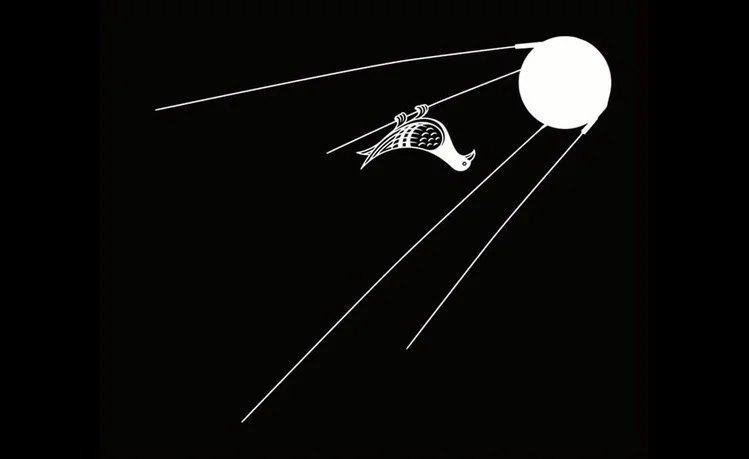
Jarred Kern
Generative AI
Engineer

Working with Humane was a great experience. Small groups of insanely talented individuals who are keen to collaborate and genuinely supportive.
Feedback is an essential part of the creative process. I am always open to receive feedback that can help me refine and improve my work.
I've been continually immersed in my research for a decade, and the more I learn, the more skills and competency I have in my work. Given the scope of the material available, it's a process that will continue for the rest of my career.
I don't wait for work to magically appear. I identify areas I want to pursue, then I work to open the doors. Three years ago I decided I wanted to teach a book cover to cover. I sent out feelers for the level of interest, and developed a syllabus. I leaned on my network and that resulted in a partnership with Gray Area and I've now run the course (36 3-hour classes) twice in three years.
Client work is a relationship. Chemistry is key. If we align, we'll work well, and success is inevitable. We identify the objective, plot a strategy, agree on terms, execute and evaluate. It's not over until everyone's satisfied.
I'm in an unusual position because very few people do my kind of work, and no one else in the world has my qualifications. When a client seeks me out, they usually already know my background and what I can do. Sometimes It's not a great fit, and wisdom is the ability to identify a bad fit and avoid it. Passing on work is sometimes the wisest course when it could result in a less than perfect working relationship and anything less than a perfect outcome.
I love to accept challenging speaking engagements. It often happens that I get asked to speak on a subject I'm not overly familiar with. I recently was asked to speak on a panel at the first Novitate conference in Washington DC. The topic was 'mimesis' in the work of French-American philosopher Rene Girard, and I was asked to participate on the panel by bringing the McLuhan perspective on 'mimesis.' While both Girard and McLuhan use the concept in their work, the McLuhanian and Girardian use cases are quite different.
Despite not being intimately familiar with the subject, I knew that I could perform the research and wrap my head around the subject with enough application of sweat and brain power. Accepting the challenge, leaning into the work, and I was more than prepared to do my part during the event.
I come to any project with as few assumptions as possible. My record gives me the confidence to be able to meet any challenge when it comes to it. I bring an open mind, a wealth of experience and resources, the ability to change course as necessary, and the willingness to see the job through to everyone's satisfaction. That said, sometimes my creative process looks like 90% staring out the window, 10% insane activity.
I'm less concerned with staying up-to-date with the latest trends and technologies than with leaning on the generations of tried-and-tested work which came before me. I keep my eye on developments, but I'm less obsessed with the latest than with the greatest.
As long as I can remember, I've been a poet. I've written poetry since I could write, and it continues to be an important part of my work. Writing and performing poetry from a young age allowed me to develop skills that I use to this day in my work behind closed doors and in front of an audience. Several years playing in a punk rock band helped too!
The medium is the message. We all experience far more than we understand. The key to understanding any group is evaluating the technological environments they are formed in.